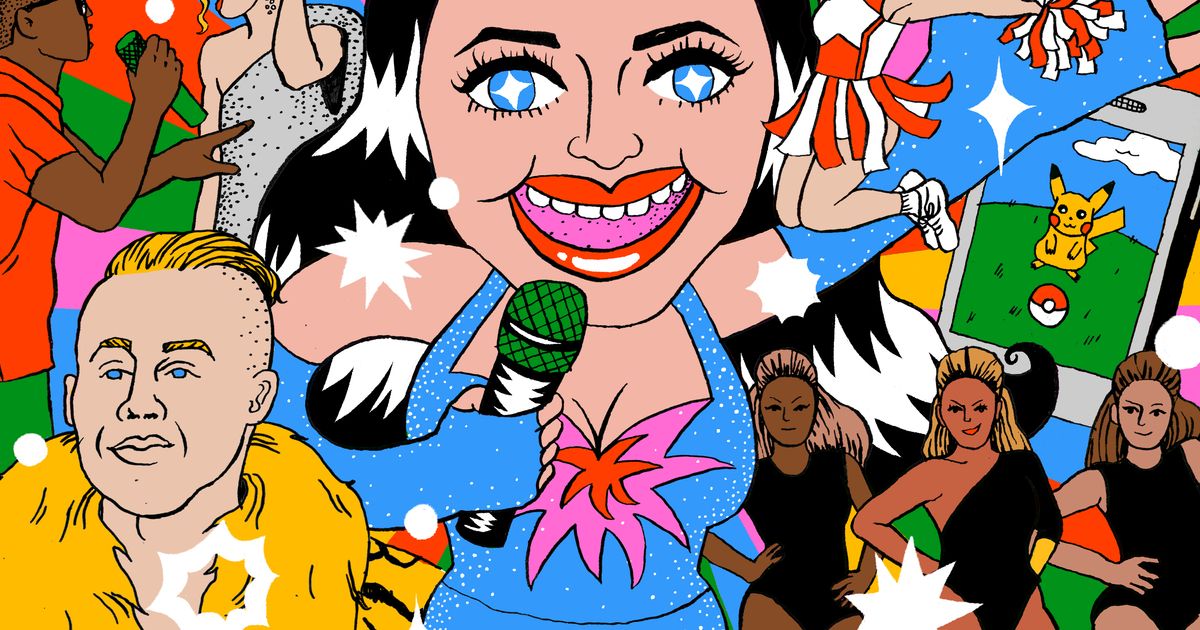That Feeling You Recognize? Obamacore.

🌈 Abstract
The article discusses the "Obamacore" era in pop culture, which was characterized by a surge of positivity and optimism following the election of President Obama in 2008. It explores how this era was reflected in various forms of media and entertainment, and how it eventually gave way to a more cynical and disillusioned period after the 2016 election of Donald Trump.
🙋 Q&A
[01] The "Obamacore" Era
1. What were the key characteristics of the "Obamacore" era in pop culture?
- The "Obamacore" era was marked by a feeling of a "new dawn, a generational shift, a national redemption" following Obama's election.
- It was reflected in popular culture through works like Glee, Taylor Swift's 1989, and Hamilton, which conveyed a sense of optimism and positivity.
- The era was also characterized by a focus on expertise, the rise of "prestige comedy," and a belief in the potential of institutions and the government to bring about positive change.
2. How did the "Obamacore" era impact representation and diversity in media?
- While there were some breakthroughs in representation, such as the success of shows like Scandal and Insecure, there were still significant barriers for creators and actors of color.
- The industry was slow to embrace more diverse voices and stories, with a "token person of color" mentality still prevalent.
- However, the era did create more space for discussions around race, gender, and identity in the media.
3. How did the "Obamacore" era eventually give way to a more cynical period?
- The 2016 election of Donald Trump marked a sudden end to the "Obamacore" era, with a sense of hope and optimism giving way to grief and disillusionment.
- Issues like the #MeToo movement and the resurgence of figures like Kanye West as Trump supporters further contributed to a more cynical cultural landscape.
- Younger generations, such as Gen Z, now view the "Obamacore" era with a sense of cringe and embarrassment, seeing it as a naïve and overly optimistic period.
[02] The Legacy of "Obamacore"
1. How do the creators and artists of the "Obamacore" era reflect on that period?
- Some, like Rachel Platten, feel a sense of misunderstanding, as their work was co-opted into a larger political movement that they did not intend.
- Others, like Courtney A. Kemp, see the era as a time of possibility and belief in the potential of institutions and government to bring about positive change.
- However, there is also a recognition that the optimism of the "Obamacore" era was not shared equally, and that it neglected to address the concerns of certain segments of the population.
2. What is the current state of the cultural landscape in the aftermath of the "Obamacore" era?
- The sudden reappearance of hope and positivity in the current political climate has sparked a mixed reaction, with some embracing the "cringe" of the past and others trying to learn from its lessons.
- There is a sense that the "Obamacore" era was a unique and formative period, akin to the 1960s, that the current generation must come to terms with and understand its lasting impact.